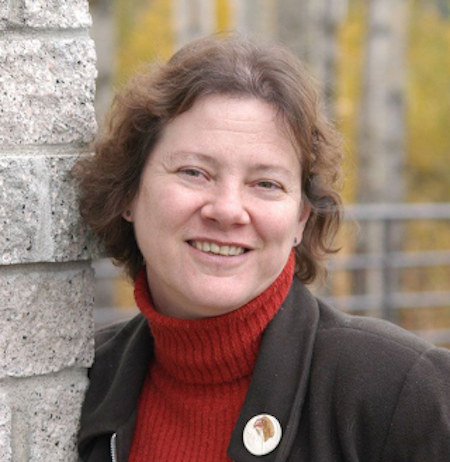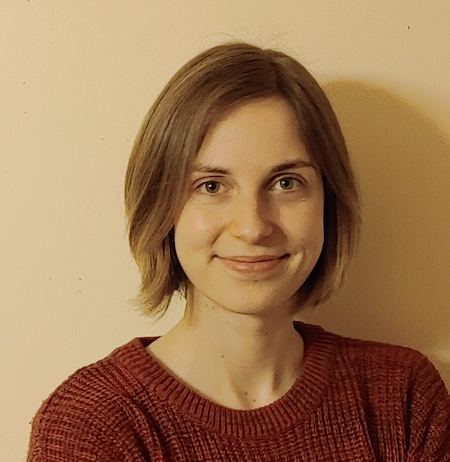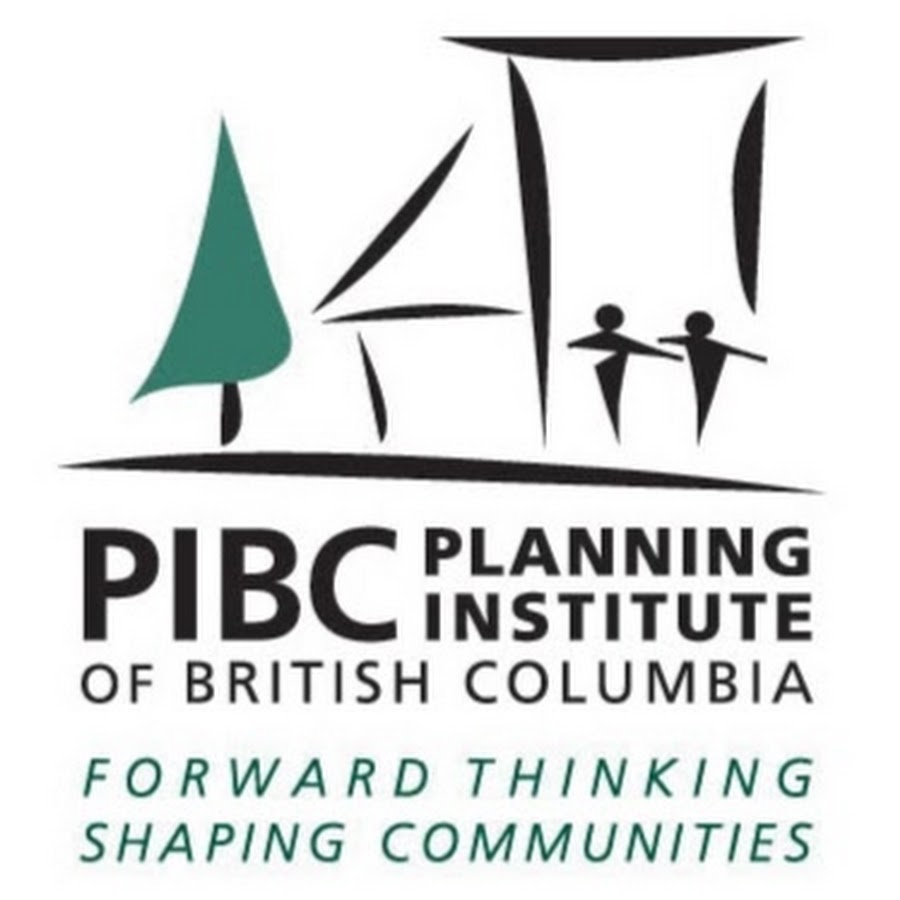Scroll down for current highlights on the range of work and interests of featured faculty and students at UNBC School of Planning and Sustainability. For more information about UNBC, its planning program, students & faculty, visit www.unbc.ca/school-planning-and-sustainability.

What makes you passionate about planning?
I really believe that planning and planners have a place and a responsibility in the rapidly changing society that surrounds us. We carry, I think, this responsibility as a commitment to the well-being of all. Our professional education, training, and ethics enables us to be a fulcrum in finding balance among the competing forces around us. In essence, planners are peaceful and well-placed warriors for sustaining and supporting the evolution of a more just and inclusive world. Teaching at the School of Planning and Sustainability at UNBC has enabled me to introduce students to the vision of their career as having a profound philosophical and ideological meaning. Carrying forward this vision with experiential learning here introduces real life cases and opportunities that demonstrate the emerging challenges and opportunities for planners.
Tell us about a project you are working on and why it excites you.
Currently, I am so delighted to be working in the curriculum development and action for our community engagement and inclusion studio. I have always built studio time and work into my curricula, but it always felt secondary and snatched from the more academic focus of our classes. Now, we have deepened our school curricula and the introduction of formal studio classes, is an honoured and sterling part of our school construction. Many of my project activities are linked to my teaching. I have the pleasure of designing and implementing, experiential learning that links academic material to life altering circumstances in the “real” world. These opportunities to engage students with real life, community issues and community allies is possible at UNBC because our communities are smaller, so reputations and relationships can be built and nurtured. We enjoy a community willingness to support student education. This is a strong factor in the capacity to deploy students into experiential learning opportunities where they will tackle issues of substance, that matter. In many cases, students can look back on their studio work and see the legacies they helped to create, and which they can be proud of, and express as a breadth of educational experiences on their resumes.
For my own endeavours, I am collaborating on a history of environmental activism in Prince George, recognizing that the common and too frequently negative stereotype impacts our reputation of Prince George as a caring community and obscures the more progressive and forward-thinking aspects of our lives here.
What do you think the most important challenge will be for planners in the future?
I think the challenges are more than one and interrelated. I see we are in an era of truth and reconciliation. This era will have many, and major opportunities that planners will be able to and must provide leadership. Planners can engage and support rebuilding Canada as a more just and equitable society. I think this is important as colonization itself was a giant planning project. The planning profession has travelled hard roads to get where it stands today, acknowledge complicity in colonization, and figuring out how to be truthful and seek reconciliation out of our past and in to the future. This healing and collaboration are most necessary in the face of climate change, and the speed with which these dramatic and costly changes are occurring. We must build a trusting partnership to tackle climate issues productively. We must be able to continue this journey in a good way. It will not be easy. Shifting political winds and ideological changes in responsible governance structures frequently curtail promising initiatives. Our supports to local champions and allies are lost as parties swap seats. Losing momentum and individuals with expertise and knowledge undermines wise practices and emerging wisdom. I do think it is so important for planners to have a strong foundation, one that echoes their values and professional ethics. This foundation must include recognizing the moral rights and responsibility to act in the best interest and well-being of all.
What are you most excited about at your planning school?
We have been able to revamp our curriculum, including as mentioned above, a stronger and focused attention to studio learning. We have grown new members of faculty who share a strong commitment to Justice, Equity and Inclusion as acts not words. We have a 100% employment rate in our graduates. We have always enjoyed a good reputation with employers who tell us that our students hit the ground running and that they are astute, thoughtful and knowledgeable about the realities and potential of the planning profession. I like our capacity to build student interests and issues into their learning. I am so proud of our School, and I have often called it the jewel in the crown of this university.
Please tell us about a place or plan that has been influential to you.
Northern BC. Prior to landing in Prince George, I was a rolling stone. I came here on a one-year contract in 1994 intending to keep moving but fell in love with the land and the people. Since then, I think I have been very fortunate to have been invited into so many Indigenous communities across Northern BC. I am beginning to see a shift in relationships between Indigenous communities and mainstream services and resources. There is a growing assertion of rights by Indigenous peoples, a resurgence in cultural and hereditary knowledge and practice. Indigenous peoples are speaking up for their place in the building of Canada, and to take their place as respected land and nation holders. I believe that is planning will be a profession much challenged by these changes - but I also think planners are likely the best placed, and ready, to meet Indigenous people where they are, and we can put our skills, knowledge, resources, and support at their service. Planners can be useful in promoting the servant leadership model. We can be part of the vanguard that moves forward, and is part of, a collaborative future facing partnership.
Here, in Northern BC, we have this striking and remarkable connection to the land and nature around us, that Indigenous people painstakingly teach. Many settler folks live here because they too love this land and its bounty. We have learnt that respectful acknowledgment of the roots of land and culture to the health and well-being of Indigenous communities is paramount. The generosity of Indigenous people in sharing their teachings and their invitations to join them on the land has taught me so much about not claiming to be an expert with the answers. Instead, we have learned that relationships must come first, and trust must be earned. This is the path we need to take, an ancient practice amidst the fast pace of a modern society. In return, there are gifts. As I drive across Northern BC, there are certain parts of my journey where the land reaches out and wraps its arms around you, recognizes you as part of the world seeking to make good change and tells you, you are home.

What makes you passionate about planning?
What excites me about planning is that decisions made by these professionals have long-lasting effects that drastically, but discreetly, shape our lives. My studies and professional experiences have incrementally built my “planning lens” where I am beginning to recognize how intentional planning decisions influence and shape my livelihood and the whole community. The design of our cities has determined what will be our dominant modes of transit, the vibrancy of a community’s core, the capacity to age in place, or the accessibility of public and outdoor spaces. Undoubtedly, it is very much a profession that is accountable not only to current community members, but also to future generations and our natural environments. This makes planning a powerful tool to address our community’s current and future challenges.
Tell us about a project you are working on and why it excites you?
I currently work with the Peace River Regional District as a Planner 1. I interact with day-to-day tasks such as processing development permits or applications for rezoning, subdivision, or applications going to the Agricultural Land Commission. This is where I get to see the direct result of planning. I interact with various scenarios where I can use the Official Community Plan or a Zoning Bylaw to put their policies and objectives into practice. There will be times when the policies are challenged which present me with the opportunity to uphold the planning documents that take years of professional expertise and public input to develop. However, the challenges also allow me to see where there are pinch points and conflicts in our current planning strategy that can be improved. What this has shown me is that planning is a very long and often slow process. Significant changes take a long time to be realized, but they will have the impact of affecting multiple generations.
What do you think the most important challenge will be for planners in the future?
Multiple challenges come to mind. Decolonizing planning processes and meaningfully sharing decision making powers with Indigenous Nations is a necessary and challenging process that all levels of government need to partake in. There are many colonial and oppressive regimes of power that a deeply embedded in our governmental procedures and statutes. As Planners, we will carry the responsibility to challenge these regimes and move forward in the implementation of UNDRIP. Climate change is another challenge that will push our communities and demand all our efforts to safeguard our future and the environment. It will require collaboration between all who are affected for innovative ways to move forward. As Planners we will be leaders in this field that again carry the responsibility of building a livable and viable future.
What are you most excited about at your planning school?
I am getting close to finishing my university degree. What I loved the most in my program were the small classes, creative group projects and workshops, and interacting with professionals working in various fields, such as in housing, agriculture, and provincial and municipal governments. We were always given the opportunity to meaningfully engage in class discussions that let us share our knowledge and greatly enhance the overall learning experience. The creative liberties in my assignments frequently allowed me to explore subjects that I was personally drawn towards. I am excited for the program’s continuing trajectory of being uniquely experimental and building a learning environment that is based on the feedback of the students.
Please tell us about a place or plan that has been influential to you?
I find that most places I’ve either lived in or visited have offered me some inspiration or lessons to remember. A specific example that comes to mind is the city of Kelowna’s Okanagan Rail Trial. The project redeveloped a discontinued rail line into a multi-use trail that when completed will stretch from Coldstream to Kelowna’s downtown. It was regularly used for commuting and for leisure bike rides to the city. Portions of it ran along a creek that provided a vegetative buffer from surrounding residential, commercial, and industrial uses. Overall, the infrastructure was an exciting addition to the region, encouraging active transportation, accessibility to urban green spaces, and protecting waterways from urban disturbances. Its inspirational because it reminds me that the goals of creating more sustainable, healthy, and liveable communities can be achieved.




